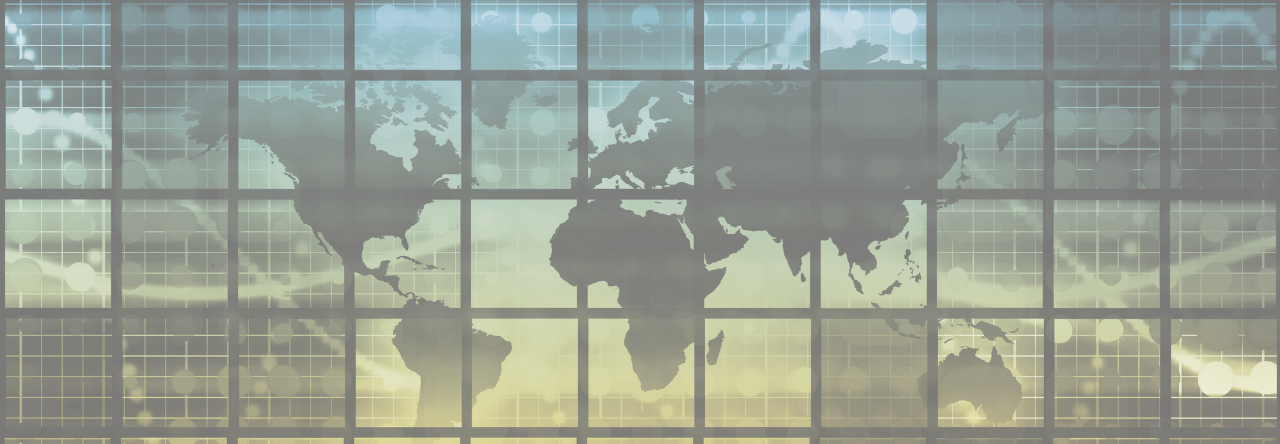This article is the English version of Pierre Grosser,
« Guerre d’Ukraine : un modèle coréen ? », published in Politique étrangère, Vol. 87, Issue 3, 2022.

The war in Ukraine has resulted in the Russian government ramping up its instrumentalization and manipulation of history, with the Great Patriotic War in particular being used intensively as a main source of legitimization. In the West, Russian aggression has prompted a revival of already overused historical analogies. Those who call for talks with Moscow and a rapid settlement are fearful of an escalation with tragic consequences, as in 1914, when leaders “sleepwalked” their way into the First World War. And those who are alarmed by a return to a world of authoritarian expansionist powers insist on the need to counter an aggressor described as genocidal; comparing Russia’s intentions to those of Hitler, they seek to avoid a repetition Munich-style appeasement of the 1930s and to bring about the fall of the regime. Analogies can also be made with the course and consequences of the Korean War (1950–1953), which, like the current war, had a Eurasian dimension: The Korean War raised fears that the USSR would take advantage of the war to attack Europe, while the war in Ukraine immediately raised fears of a Chinese offensive, in particular against Taiwan.
The Korean War began in earnest with the attack on South Korea by North Korean forces in June 1950, not long after the explosion of the first Soviet atomic bomb in August 1949. The USSR’s accession to nuclear weapons had been faster than expected and was a shock to the United States. The invasion of South Korea seemed to be a first step in what is now called “aggressive sanctuarization,” the seizure of territory by conventional warfare, albeit under the threat of nuclear weapons…
Read the rest of the article here.
>>> More articles of Politique étrangère are available for reading
on Cairn International <<<


Vous devez être connecté pour poster un commentaire.